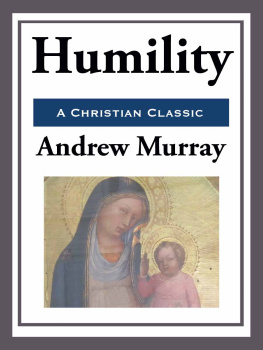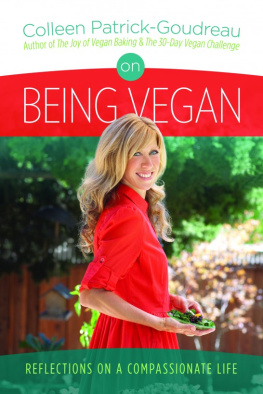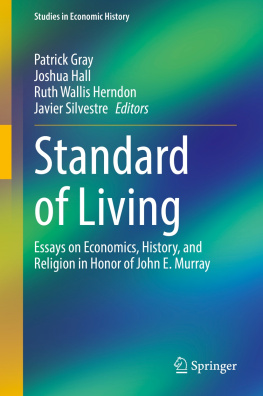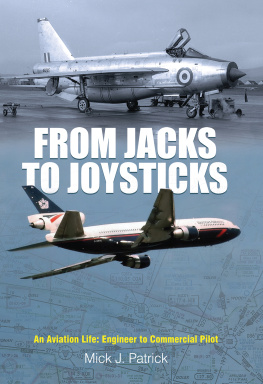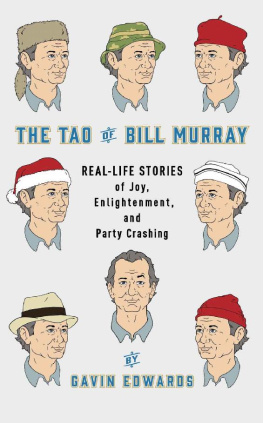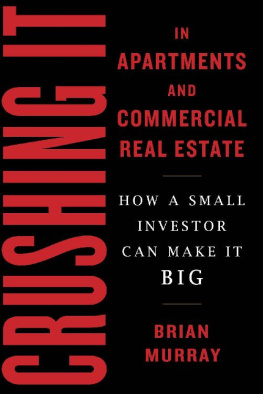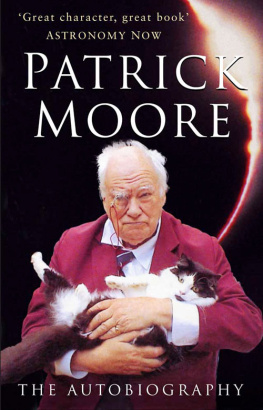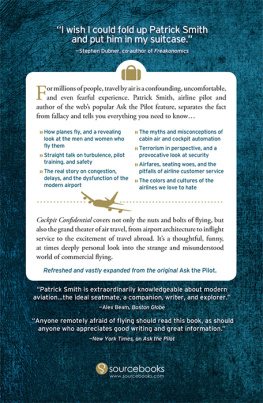REFLECTIONS ON COMMERCIAL LIFE:
An Anthology of Classic Texts from Plato to the Present
R o u t l e d g e
New York and London
REFLECTIONS ON COMMERCIAL LIFE:
An Anthology of Classic Texts from Plato to the Present
Edited by
Patrick Murray
Published in 1997 by
Routledge
29 West 35th Street
New York, NY 10001 Published in
Great Britain by
Routledge
11 New Fetter Lane
London EC4P 4EE Copyright 1997 by
Routledge |
All rights reserved. No part of this book may be reprinted or reproduced or utilized in any form or by any electronic, mechanical or other means, now known or hereafter invented, including photocopying and recording, or in any information storage or retrieval system, without permission in writing from the publisher. |
Library of Congress Cataloging-in-Publication Data Reflections of commercial life: an anthology of classic texts from Plato to the present / edited with introductions by Patrick Murray.
p. cm.
Includes bibliographical references and index.
ISBN: 978 -0-415-91196-2
1. CapitalismPhilosophy. 2. CommercePhilosophy. I. Murray,
Patrick, 1948 .
HB501.R356 1996 |
| 330.122dc20 | 96-9481
CIP |
|
|
|
|
|
For my father, Jack Murray (1917-1962),
my mother, Muriel Stehney,
and my stepfather, George Stehney
CONTENTS
(with bibliographies)
)
)
)
)
)
)
)
)
)
)
)
)
)
)
)
)
)
)
)
COPYRIGHT PERMISSIONS
All selections from Plato, Aquinas, Locke, Hume, Smith, Madison, and Mill are printed here with the permission of the InteLex Corporation.
Aristotle, Politics. Copyright 1984 by Princeton University Press. Reprinted by permission of Princeton University Press and the InteLex Corporation.
St. Thomas More, Utopia. Translated and edited by Edward Surtz, S.J. New Haven: Yale University Press, 1964. Reprinted with the permission of the Yale University Press.
Oxford University Press 1967. Reprinted from On the Aesthetic Education of Man by Friedrich Schiller, edited and translated by Elizabeth M. Wilkinson and L.A. Willoughby (1967), by permission of Oxford University Press.
G.W.E Hegel, Elements of the Philosophy of Right. Edited by Allen W.Wood; translated by H.B. Nisbet. Cambridge: Cambridge University Press, 1991. Reprinted with the permission of Cambridge University Press.
Georg Simmel, The Metropolis and Mental Life, translated by Edward Shils, in Georg Simmel: On Individuality and Social Forms. Edited by Donald N. Levine. Chicago: The University of Chicago Press, 1971. Reprinted with the permission of The University of Chicago Press.
Max Weber, The Protestant Ethic and the Spirit of Capitalism. Translated by Talcott Parsons. New York: Charles Scribners Sons, 1958. Reprinted with the permission of Simon and Schuster, Inc., and Routledge (Unwin Hyman).
Marcel Mauss, The Gift. Translated by W.D. Halls. New York: W.W. Norton and Company, 1990. Reprinted with the permission of Routledge.
Georges Bataille, The Accursed Share: An Essay on General Economy, Volume I, translated by Robert Hurley (New York: Zone Books, 1991). Copyright 1991 Urzone, Inc.
Simone Weil, Oppression and Liberty. Translated by Arthur Wills and John Petrie. Amherst: The University of Massachusetts Press, 1958. Reprinted with the permission of Routledge and The University of Massachusetts Press.
Friedrich A. Hayek, Law, Legislation and Liberty, Volume II: The Mirage of Social Justice. Chicago: The University of Chicago Press, 1976. Reprinted with the permission of The University of Chicago Press and Routledge.
Hannah Arendt, The Human Condition. Chicago: The University of Chicago Press, 1958. Reprinted with the permission of The University of Chicago Press.
Daniel Bell, The Cultural Contradiction of Capitalism. Reprinted with the permission of the author and The Public Interest. The sections first appeared in The Public Interest, No. 21, Fall 1970, and are reprinted in the book, The Cultural Contradictions of Capitalism, Basic Books, 1976.
Reprinted from Jean Baudrillard: Selected Writings, edited by Mark Poster, with the permission of the publishers, Stanford University Press. 1988 by the Board of Trustees of the Leland Stanford Junior University.
ACKNOWLEDGMENTS
MY FATHER was a traveling salesman, so I came by an interest in commerce early. As a college sophomore amid the upheavals of the late sixties, I told my high school physics teacher, Brother Joe Crane, that I was dropping out of physics to major in sociology. He stopped me cold with the observation that scientists create new wealth, whereas social workers and activists at best redistribute existing resources. I finished in physics and mathematics, but the social movements kept spilling over, and my questions about modern commercial life would not go away. Perhaps I sensed that the social form of wealth was as important as the how much question. I jumped the track and went to graduate school in philosophy. There, the pull of questions having to do with modern commercial lifeIs capitalism the path to peace, prosperity, freedom, justice, and democracy or does it place obstacles in the way of achieving those ends?bent my studies toward classical German philosophy, and especially Hegel and Marx. My question became: How are modern commerce, society, and philosophy involved with one another?
In Hegel, Marx, and Critical Theorists including Theodor Adorno, Herbert Marcuse, and Jrgen Habermas, I discovered thinkers who engaged that question profoundly. Thanks to the German Academic Exchange Program (DAAD), I deepened my knowledge of these writers while studying in Frankfurt, Germany. Over time, I felt the need to take up this joint study of modern philosophy and commerce on my native soil, Anglo-American philosophy So I opened a continuing line of research into the commercial imagination of the British Empiricists, with emphasis on John Locke, George Berkeley, and David Hume. With the broader vision that this afforded, I got the idea for a course that would be a historical and topical reflection on commercial life. With the support of a grant from the Dean of the Creighton College of Arts and Sciences, Rev. Michael Proterra, S.J., I soon began teaching Philosophy and Commercial Societies. Offering that course for the first time was a vivid teaching experience. My gratitude, then, extends to my students, whose spirited responses made the need for this volume apparent to me.
Many conversations over many years stand behind this book. For them I would like to thank James Collins (deceased), Albert William Levi (deceased), Paul Piccone, Mark Neilsen, Mary Beth Gallagher, Michael Bartz, Michael Goeke, James Marsh, Thomas Jeannot, Julie Kerksick, John Gardner, John Duggan, Daniel Dahlstrom, Thomas Nitsch, the Rev. Eugene Donahue, Michael Miller, Michael Gillespie, and my colleagues in the Department of Philosophy at Creighton University. To Rusty Reno I am especially grateful for comments on the General Introduction.
Without benefit of the friendship and intelligence of the Rev. John F. Ka-vanaugh, Peter Fuss, Moishe Postone, and my companions in research Fred Moseley, Chris Arthur, Martha Campbell, Mino Carchedi, Paul Mattick, Geert Reuten, and Tony Smith, this book would not have been possible.



